Want to know how to improve your skills at work? Why do you need to develop and improve your skills and knowledge at work?
As soon as you enter the workforce, one thing becomes clear: learning does not stop once you’ve graduated college.
If you want to get promoted, land your dream job, become a manager or join the top-level executive at your company you have to prove your skills at work and expand your knowledge.
No industry stays stagnant. Technology, practices, and even policies adapt and change with the times. You too must develop your skillset if you want to advance your career.
You need to continually sharpen, deepen, expand and improve your skills and knowledge at work
Luckily, there are various ways to improve your work skills, and we’ll cover them in the article below.
But before we go over how to improve your skills at work, you first need to ask yourself a question:
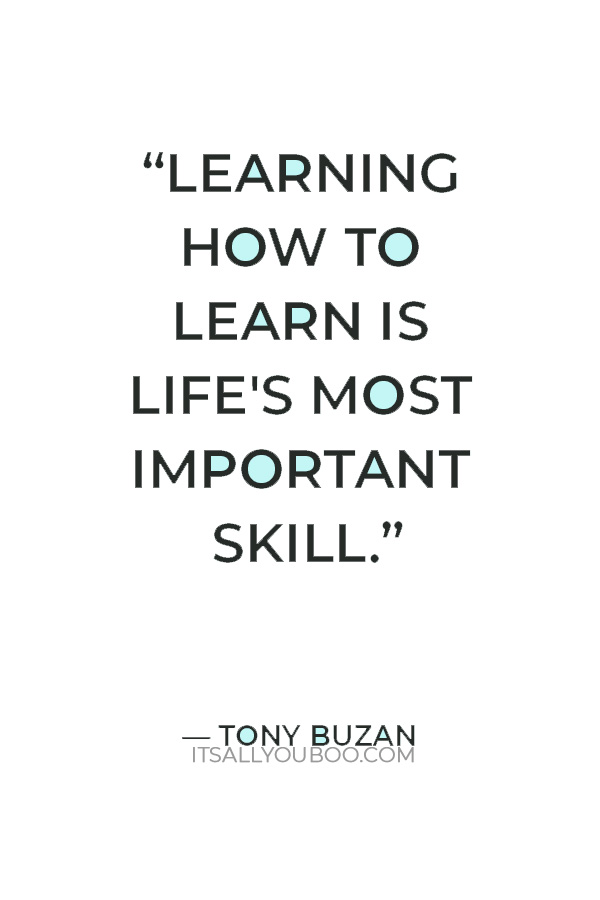
THIS POST MAY CONTAIN AFFILIATE LINKS.
IF YOU MAKE A PURCHASE FROM THESE LINKS, I MAY EARN A SMALL COMMISSION.
CLICK HERE FOR MY FULL DISCLAIMER STATEMENT.
Why Do You Need to Develop and Improve Your Skills and Knowledge?
When companies hire you, it is often based on the skills and knowledge you have listed on your resume. As such, you would want to improve your skills, especially if you’re furthering your career.
Regardless, a skill upgrade allows you to be an effective and efficient employee. By improving your skills, you’ll work faster and produce high-quality work. At the same time, you can be investing in the progression of your career, given the other skills that you are improving.
Aside from the fact that these skills can make you perform better at work, investing in your essential work skills can also improve your morale. It can be pretty depressing when you feel that you’re living a sedentary work life.
By constantly looking for ways and skills to improve job performance and commit to professional development, you are more motivated and can feel more satisfied at work. Thus, less likely to think about quitting your job and wondering if you can afford to not have a job?

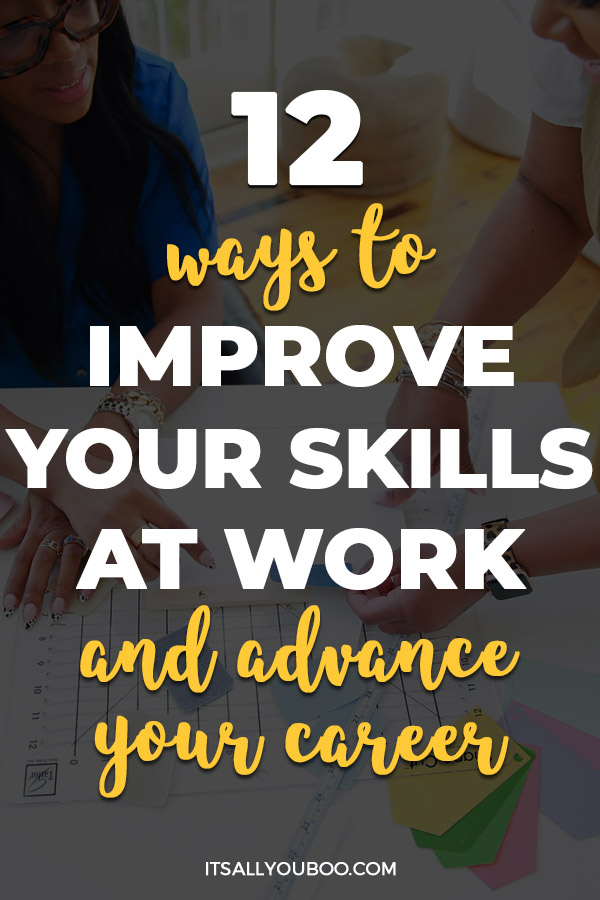
Another compelling reason you should be investing more in yourself is that it helps make you more adaptable. With a broader skillset, you have more jobs to choose from, and you can take on different roles should you want to make that change.
Overall, there are plenty of reasons you might want to know more about developing professional skills that you already have.
Now that you know some of the significant benefits, it’s time to learn how to gain new knowledge, develop new skills, and improve your job skills at work.
Here are 12 tips to help you improve your job skill set :
#1. Take Training Courses
One of the easiest ways you can improve your work skills is by committing to and taking a training course that is relevant to you.
Nowadays, there are plenty of online training courses that help you learn how to improve your skills at work. Digital platforms like Coursera, Skillshare, and Udemy are popular for people who want to learn something new or enhance their skills.
The difficulty of taking training courses online, though, is that there’s no one to keep you accountable. Some people have problems keeping track of and staying consistent with their coursework. This is regardless of whether they paid for it or not.
Therefore, you have to be aware of that common mistake that people make and do better.
Your workplace might also provide free training courses on specific skills that might interest you. Don’t hesitate to ask the right people about your availability and interest in these workshops, training, seminars, and the like. Your bosses might even find your interest and proactiveness appealing.
👉🏽 RELATED POST: Job Search Tips that Will Get You Hired
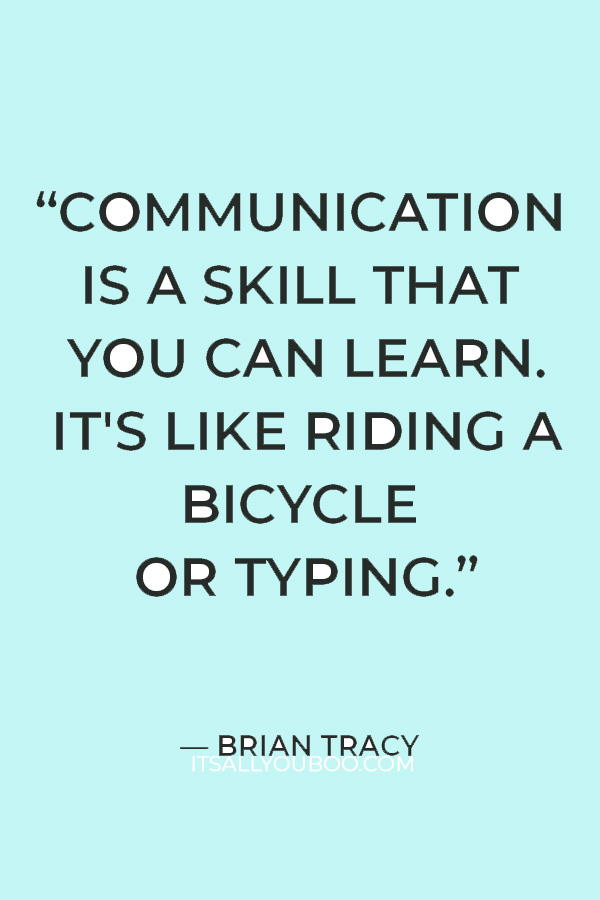
#2. Practice Good Communication Skills
One of the excellent ways to improve your skills at work is to focus on your communication skills. Communication skills are considered soft skills. But that term can undersell how vital good communication skills are in the workplace.
After all, you use your communication skills all day, every day in the workplace.
Some people have an innate gift of the gab, but not everyone has that skill or talent innately in them, and there’s no shame in that. Knowing that you aren’t as good with communication as you should be is the first step.
The best way to figure out how you can improve your communication skills is by knowing the different methods used in your workplace.
Overall, you use non-verbal communication, verbal communication, written communication, and even visual communication. Seeing them all listed down like that can be overwhelming, so it’s best to focus on one at a time based on which one you’re least good at.
Once you’ve narrowed the communication type that you struggle with the most, that’s when you can start planning how you can improve them. Taking courses, reading books, and applying your learnings can be a simple but effective plan to improve your communication skills.
👉🏽 RELATED POST: Communication is Key in Relationships
#3. Build Confidence to Make Stronger Connections
When figuring out how to improve your skills at work, you’ll need the help of those around you.
Much like those with the gift of gab, not everyone can have confidence in themselves. However, it is critical to be confident in yourself to create stronger connections with everyone.
The best way to be more confident in yourself is by investing in yourself in other aspects of your life. One way to do that is to ensure that you are physically and mentally healthy. Outside of that, you also should pay attention to how you carry yourself, but not to the point of self-consciousness.
Carry yourself with dignity and pride, but also with openness and kindness.
It’s also a good idea to assess how your self-talk sounds. If it sounds disparaging and down all the time, you shouldn’t tolerate that. If you shouldn’t accept that from others, then don’t tolerate that from yourself either.
Practice being more aware of your subconscious thoughts. That way, you can actively shift your negative, self-deprecating thoughts.
👉🏽 RELATED POST: 20 Confidence Building Exercises
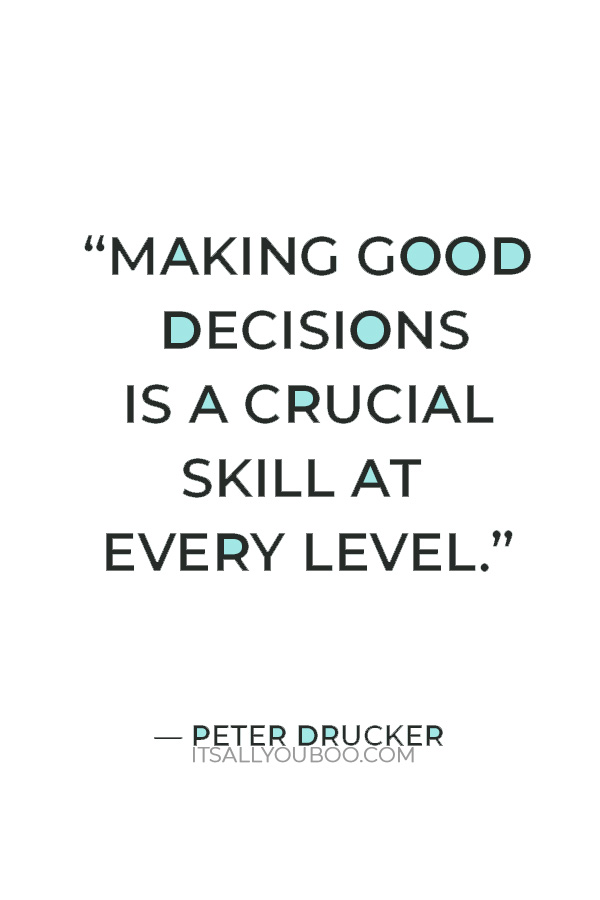
#4. Read Something New Every Day
Reading is an excellent pastime that can teach you many things, but it can also be a form of entertainment. It doesn’t matter whether you prefer a physical book or e-readers as long as you consistently read something every day.
It’s a great habit that exercises and stimulates your brain and sources new knowledge and inspiration.
Don’t feel pressured to constantly read non-fiction or self-help and educational books all the time. There’s no shame in reading fiction once in a while. You are no more or less productive when reading these books so long as they inspire you or motivate you.
👉🏽 RELATED POST: 22 Simple Ways to Become Your Best Self
#5. Find a Mentor
No matter what field you’re from, there’s undoubtedly a leader in the said field that you admire and may want to learn from to help you succeed.
Many people have also sought after these thought leaders to help mentor themselves to improve their careers. If you haven’t considered it yet, try and find a mentor for yourself as well.
Mentors can help you answer how to improve your skills at work and lead you in the right direction. If you are unsure which skills are worth investing in, a mentor can also help you with that decision.
Another reason mentorship might be what you need is because your mentor has intimate knowledge about whatever you want to learn. Not only can they help teach you skills, but they can also help motivate you during the times when you need them and times you least expect.
👉🏽 RELATED POST: 20 Best Online Jobs for College Students
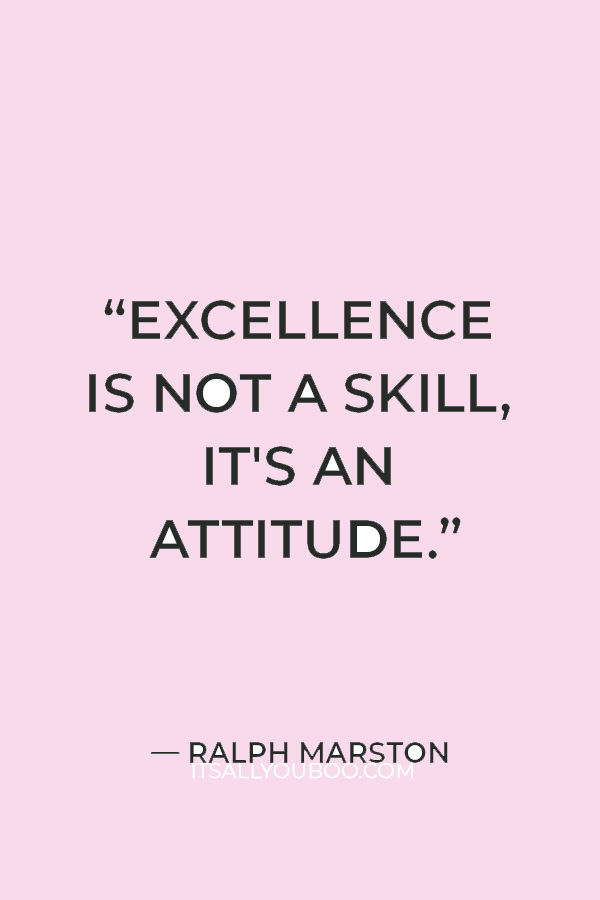
#6. Acknowledge Your Strengths and Weaknesses
Another thing to do before you start looking up how to improve your performance at work is to acknowledge the things you’re good at and bad at.
List down all of your known strengths and weaknesses, especially those in the context of your work. Acknowledging your strengths and weaknesses lets you figure out what your next steps should be. You now know which skills you need to invest in the most and which ones you can hone even more to take to the next level.
You can’t expect yourself to be a perfect person. So, knowing your strengths and weaknesses at work can help you figure out situations where they are at play. Doing so allows you to be adaptable.
And remember, to rest and take breaks so you can avoid burnout at work. Balance is important.
👉🏽 RELATED POST: Professional Goals for Beauty Businesses
#7. Encourage Self-Reflection
Self-reflection is a much-needed exercise to help center yourself and figure out where you are to know where you’re supposed to do next.
First, identify the skills you want vs. need to develop. Ask yourself what you should do to improve your skills now that you know which ones you need to build.
You should focus on skills that you’re going to need and rely on most of the time, especially in areas like data analysis, digital tools, or communication. Once you’ve touched base with yourself, you can then start putting that self-reflection into action.
Journaling daily is a great way to develop self-awareness.
👉🏽 RELATED POST: 100 End of Year Reflection Questions
#8. Develop a Learning Mindset
A learning mindset is one of the many vital skills to advance your career that you should develop. After all, you can’t force yourself to learn when you have no interest in doing so.
It might feel like you’re stuck in school all over again, except you enrolled yourself into it this time.
The key to developing a learning mindset is to find things that interest you that will also help you in your career. They don’t have to be things that will significantly improve your job for you to take the time to learn them.
However, they’re a great start towards getting you more interested in learning new things.
👉🏽 RELATED POST: How to Get Your Dream Job
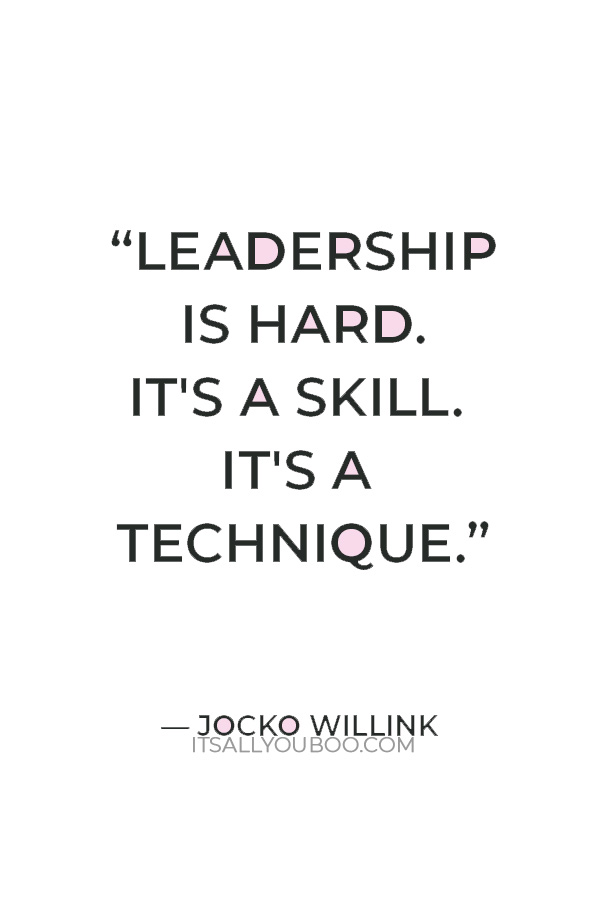
#9. Learn to Listen to Others
We mentioned before how communication skills are a great way to pursue improving your skills at work. However, what wasn’t said was that good listening skills are also critical of good communication skills. Therefore, you also need to learn how to hone your listening skills.
Active listening, maintaining eye contact, and waiting for your turn to speak are some of the critical things that a great listener does. Don’t interrupt someone when they’re talking, whether in a one-on-one or a meeting, and some non-verbal and verbal confirmations of you listening to them talk are also helpful.
You’ll find that being a better listener already makes you a better communicator, and people will gravitate to you more.
👉🏽 RELATED POST: Quotes About Criticism
#10. Ask for Feedback and Use It
One of the things you can do when pursuing how to improve your skills at work is to listen to the feedback you’ve received before. If you haven’t received any feedback before, your next step should be to ask for feedback instead.
Sometimes, when we receive feedback, we can take that information personally, whether we intend to or not. Although it’s okay for you to feel wrong about not being as good as you had hoped to be, it’s critical to your improvement that you don’t let that get you down. The best way to treat negative feedback is to learn from it.
Just as you would take the time to feel pessimistic about lousy feedback, you should also give the same attention to good feedback.
Don’t just sweat it and forget it. Bask in it for a bit and give yourself a pat on the back that you deserve. There’s no shame in appreciating the good work that you’ve done.
👉🏽 RELATED POST: How to Find Work from Home Jobs
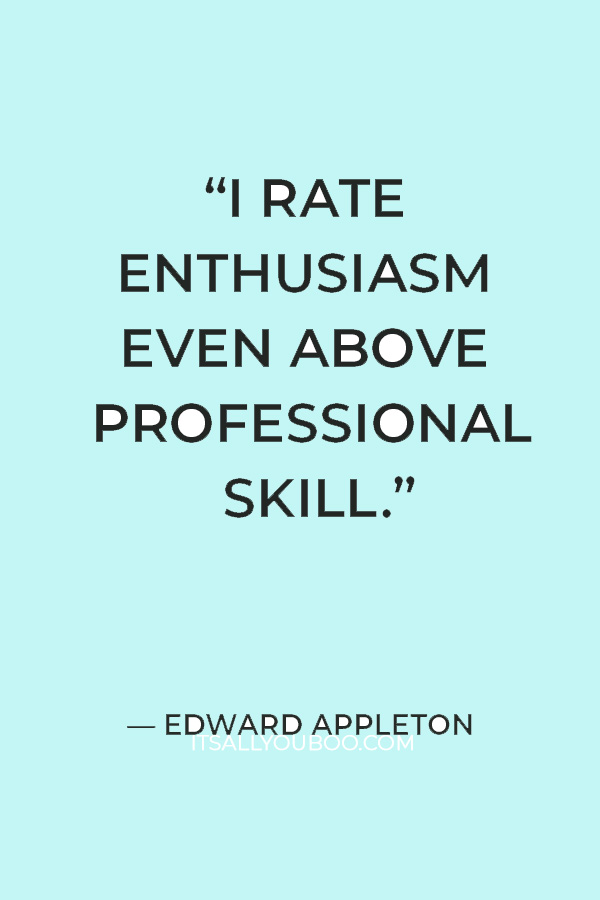
#11. Be Proactive
Introspection is a powerful tool in helping you figure out what your next steps should be. However, all that introspection isn’t enough.
Improving your life and work skills requires proactivity. That’s why creating a personal development plan can help you take action based on the introspection that you’ve been doing.
A plan can help you figure out your next steps on how to improve your skills at work, develop skills in leadership and management, and grow professionally. Aside from that, it helps you see both the big picture and micro-perspectives of your career path.
After you’ve drafted a plan, of course, the next step is to do it. Otherwise, your plan is nothing but a concept.
👉🏽 RELATED POST: 16 SMART Goal Examples for Work Productivity
#12. Overcome Your Fears
When you’re learning how to improve your skills at work, you also need to know how to push yourself to want to improve in the first place.
It can be intimidating when developing your skills can lead you to areas outside of your comfort zone. However, you shouldn’t let that paralyze you from achieving your goals.
You don’t need to start performing speeches immediately after you plan to improve your communication skills. Start small. Responding to emails in clear, concise, and immediate ways can be a great start. A gradual improvement is the key to helping you overcome your fears eventually.
👉🏽 RELATED POST: 25 Reasons Why Failure is Good
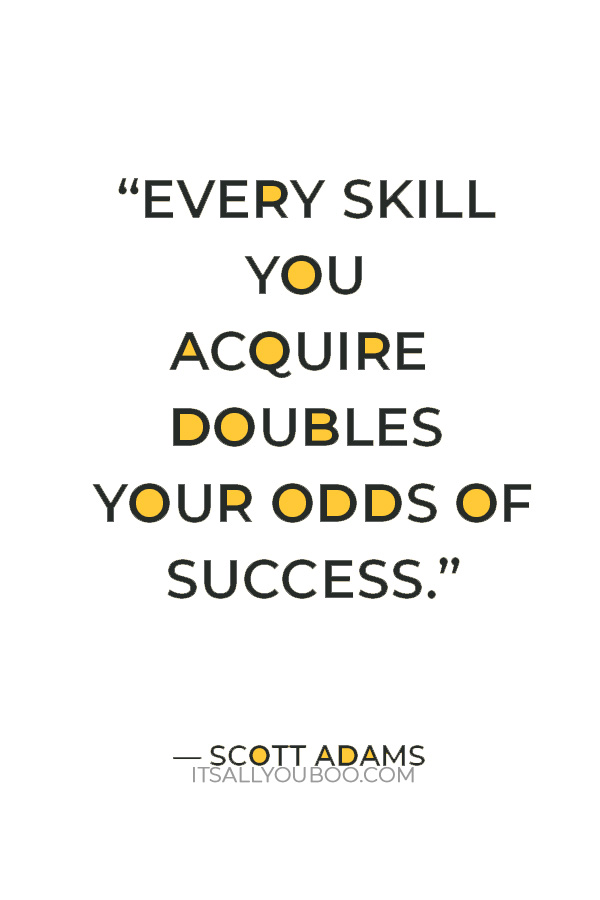
Start Improving Your Skills Today
The tips listed above can help you figure out how you can improve your skills and knowledge at work.
This includes figuring which skills to enhance and how. Nonetheless, a big part of improving your skills will be based on your actions and follow through.
Get Your Superpower Discover Guide
Not sure what your natural talents and abilities are? Need help choosing what skill to improve for work? Sign up below to get the printable guide with a list of 20 ways to find your Superpower.
Begin by being open to growing, expanding, and leveling up. Your willingness is the most important step towards advancing in your career.
Oftentimes new job opportunities come with new responsibilities as well. By developing your skillset, you can prepare yourself for new challenges ahead.

How do you improve your skills at work?

More About Guest Contributor
Geraldine Mills works as an Outreach Community Specialist. She was once a resident of South Africa, then flew to Australia for a change of scenery. When she’s not working, she’s at home sipping the best local wine while reading travel itineraries for more adventures.
Last Updated on May 7, 2025







Mimi says
This is so helpful, I work in a small family-owned business so it doesn’t really apply to me but I bet my bestie would love these tips
It's All You Boo says
Hey Mimi,
That would be great! I hope these steps will help her develop and improve her skills.
Heather says
So many great tips! I could have used these when I worked in the corporate world.
It's All You Boo says
Hey Heather,
I’m glad you liked it! Hopefully you can share some tips to your friends to develop and improve their skills.
Bella says
So many amazing tips, thanks for sharing all this super helpful!!! I will have to share these with my friends 🙂
It's All You Boo says
Hey Bella,
That’s so kind of you! Hopefully these tips will help them improve and develop their skills at work!
Marta says
As always, great tips to share with our kiddos! Thanks.
It's All You Boo says
Hey Marta,
I’m glad you liked it! Hopefully these tips will help your kids improve and develop theirs skills in the future!
Julie says
So many good things to think about as you develop your career
rachel says
These are all really great tips to help you improve your job skills. Thank you!
It's All You Boo says
Hey Rachel,
I’m so happy you find these tips helpful! Nowadays, it’s really important to find ways to improve and develop your skills at work.
Megan says
These are such great tips. My husband is in the tech world which is EVERchanging, so he is always signed up for some sort of training to keep up!
It's All You Boo says
Hi Megan,
The tech world sure is an ever changing world and you need to keep up or be obsolete! Thanks for dropping by!
Amber Myers says
I love your list I think finding out strengths and weaknesses are a must. You can learn from them.
It's All You Boo says
Hey Amber,
Happy you love this list on how to improve your skills at work! Knowing and acknowledging your strengths and weaknesses let’s you figure out what your next steps would be.
Mimi says
Since I’ve recently started a new job I basically need to learn everything. Especially bank stuff XD
It's All You Boo says
Congratulations on your new job, Mimi! I’m sure you will be able to use some of the tips here to improve your skills at work.
Tisha says
These are great tips! I need to do some more online training we have through work
It's All You Boo says
Hi Tisha,
Happy to share to you all these tips on how to improve your skills at work! Thanks!